
With support from Arnold Ventures, the Virginia Center for Health Innovation launched a statewide pilot in March 2019 to reduce the provision of low value health care in Virginia.
Low value health care includes medical tests and procedures that research has proven add no value in particular clinical circumstances and can lead to potential patient harm and a higher total cost of care.
PROJECT OVERVIEW
Smarter Care Virginia is aligned with Aim I (reducing low-value care) of VCHI’s Health Value Dashboard. The project will utilize a two-part strategy to drive a significant reduction in nine provider-driven low value care tests and procedures. Over three years, we will focus specifically on producing a 25 percent relative reduction in seven low-value care measures that are provider-driven while also prioritizing up to six consumer-driven measures for our next phase of work.
VCHI has partnered with the leadership of six Virginia health systems and three clinically integrated networks on this project: Ballad Health; Carilion Clinic; HCA and Virginia Care Partners; Inova and Signature Partners; Sentara and Sentara Quality Care Network; and VCU Health System.
In addition, a complimentary employer task force will serve to increase employer knowledge of low-value health care, expose Virginia employers to employers that are mobilizing for improvement, and engage employers in action they can take in employee communications, benefit design, and contracting to drive sustainable improvement.
COMPONENTS
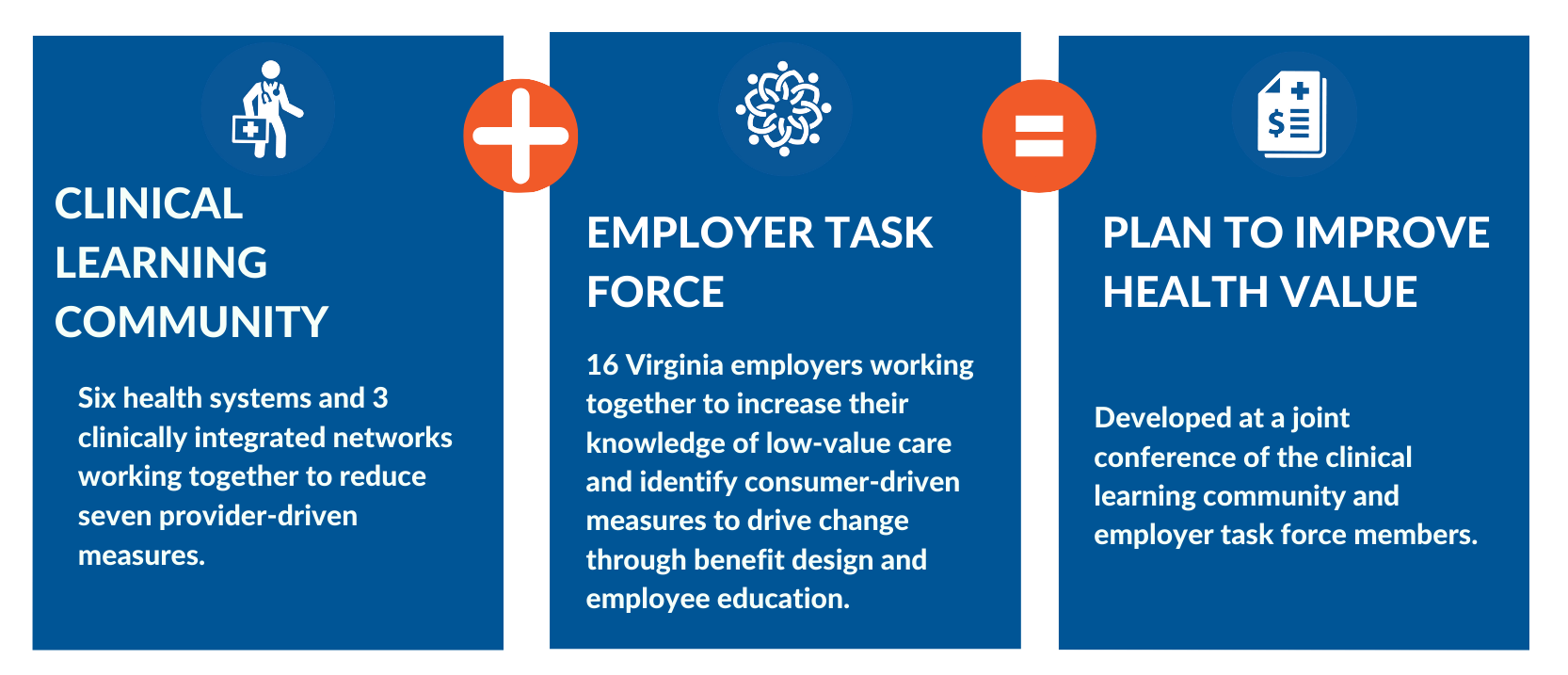
MEASURES
"Drop the Pre-Op"
- Don't obtain baseline laboratory studies in patients without significant systemic disease (ASA I or II) undergoing low risk surgery - specifically complete blood count, basic or comprehensive metabolic panel, coagulation studies when blood loss or fluid shifts is/are expected to be minimal
- Don't obtain baseline diagnostic cardiac testing (trans-thoracic /esphophageal echocardiography) or cardiac stress testing in asymptomatic stable patients with known cardiac disease (ie. CAD, valvular disease) undergoing low or moderate risk non-cardiac surgery
- Don't obtain EKG, chest x-rays or pulmonary function test in patients without significant systemic disease (ASA I or II) undergoing low-risk surgery
Treatment & Screening
- Don't order annual electrocardiograms or any other cardiac screening for low-risk patients without symptoms
- Don't perform stress cardiac imaging or advanced non-invasive imaging in the initial evaluation of patients without cardiac symptoms unless high-risk markers are present
- Don't routinely order imaging tests for patients without symptoms or signs of significant eye disease
- Don't place peripherally inserted central catheters (PICC) in stage III-V CKD patients without consulting nephrology
- Don’t do imaging for low back pain within the first six weeks, unless red flags are present.
- Don’t prescribe opiates in acute disabling low back pain before evaluation and a trial of other alternatives is considered.
CLINICAL LEARNING COMMUNITY PARTNERS
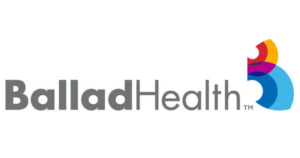
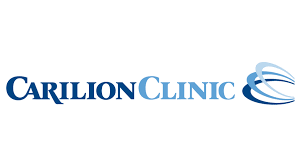
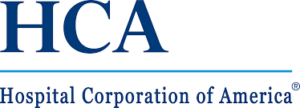

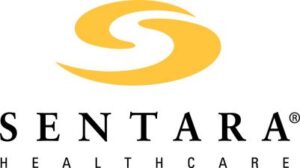
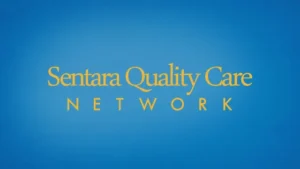



EMPLOYER TASK FORCE
ON LOW VALUE CARE
The Smarter Care Virginia Employer Task Force will work to increase employer knowledge concerning the challenge of low-value health care, expose Virginia employers to employers that are mobilizing for improvement, and engage employers in specific actions they can take in employee communications, benefit design, and contracting to drive improvement.
Both public and private employers are uniquely positioned to help reduce low-value and unnecessary services. Through benefit design and employee communications, employers can to drive change by helping employees become advocates for their own health by seeking appropriate care. As purchasers of health services, employers can leverage policies and contracts to ensure benefits are designed to reduce low-value care and support high-value care.
After a series of six meetings, the Employer Task Force agreed to focus on efforts to reduce the following consumer-driven low value care services.
CONSUMER-DRIVEN MEASURES
- Don’t prescribe opiates in acute disabling low back pain before evaluation and a trial of other alternatives is considered.
- Don’t do imaging for low back pain within the first six weeks, unless red flags are present.
- Don’t do imaging for uncomplicated headache.
- Don't perform PSA-based screening for prostate cancer in all men regardless of age.
- Don’t obtain brain imaging studies (CT or MRI) in the evaluation of simple syncope and a normal neurological examination.
- Don't perform routine head CT scans for emergency room visits for severe dizziness.
TASK FORCE MEMBERS

Robert Blue | Chair
President & CEO
DOMINION ENERGY

Jill Age
EVP, Risk Management
TowneBenefits

Chris Beckford
President & CEO
eTRANSERVICES

Doug Bish
Associate Professor, Industrial and Systems Engineering
Virginia Tech

Carlos Del Toro
President & CEO
SBG Technology Solutions

Emily Elliott
Director, Dept Human Resource Management
Commonwealth of Virginia

Wina Giddens
Director, Benefits & HRIS
The Port of Virginia

farrell hanzaker
CFO
Virginia beach city public schools

Dean Lynch
Executive Director
Virginia Association of Counties

Andy Mann
Compensation and Benefits Manager
The Luck Companies

Clayton Medford
VP, Government Affairs
Northern Virginia Chamber

Nicole Riley
Virginia State Director
NFIB
Lisa Swaney
Chief Human Resource Officer
Smithfield Foods

Meredith Touchstone
Director, Benefits
Carmax

Matthew Turner
VP, Global Total Rewards, HRIS, and People Analytics
Genworth

Lisa Woods
Senior Director Strategy & Design, US Benefits
Wal-Mart Stores